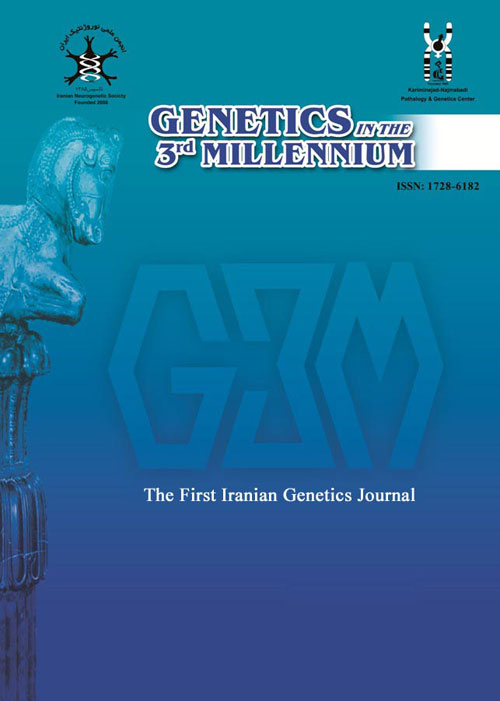Overview of Recombinant Probiotics
Author(s):
Abstract:
Probiotics are microbial food additives that improve the intestinal microbial balance through beneficial effects on the host. Recent studies have proved the benefits of probiotics in maintaining the health and strength of the body and fighting against intestinal and other diseases. Extensive use of probiotics is common but for better utilization in industry and medicine، recombination in probiotics is taken into consideration. Genetic manipulation in probiotics can improve carbohydrate fermentation، increase the production of specific metabolites، produce or increase the activity of enzymes (proteolytic، Alpha-Amylase، Beta-Galactosidase and antioxidant enzymes) or increase the capacity of the production of beneficial substances such as bacteriocins، vitamins، and anti-inflammatory substances. On the other hand، some lactic acid bacteria have expressive capabilities for overexpression; therefore، they could be used as a cellular factory for the production of proteins. In the present study، several original papers are reviewed and the most important findings on recombinant probiotics are classified and presented. The results indicated that recombinant probiotics could be used to improve the properties of probiotics (anti-adhesive lining، resistance to acid، etc)، production of vaccines، drug transfer، reduction of allergy، immune system modulation، and creation of more effective metabolic pathways.
Keywords:
Language:
Persian
Published:
Genetics in the Third Millennium, Volume:11 Issue: 4, 2014
Pages:
3326 to 3337
https://www.magiran.com/p1249459


